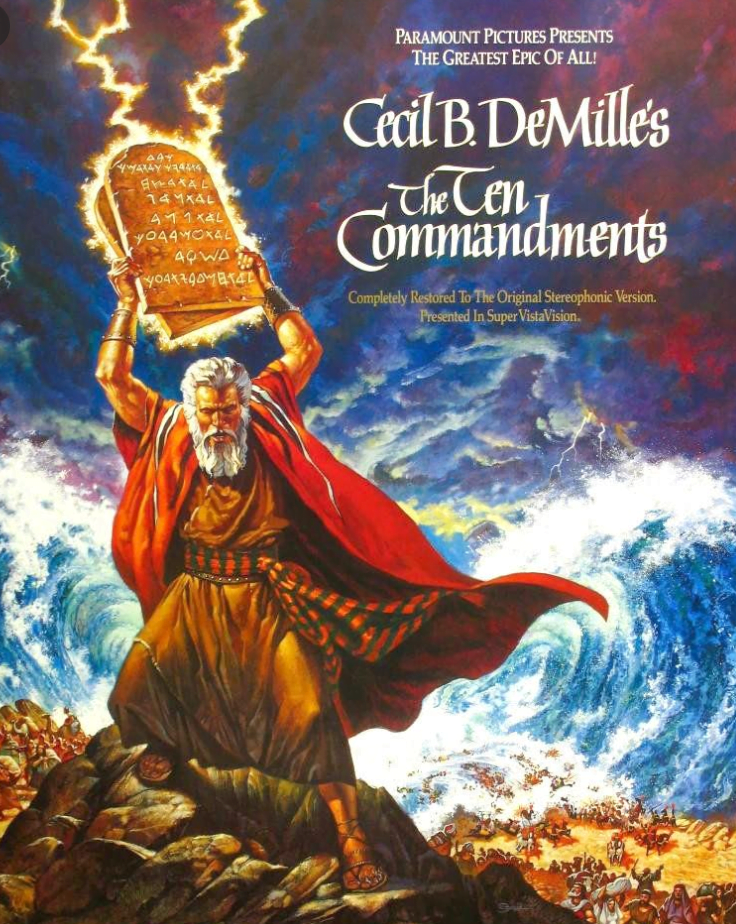Parental alienation is one of the most difficult things to prove and yet it is one of the most damaging to children and families. It can easily lead to a child completely losing their relationship with one parent and wrongly coming to believe that the parent was abusive or wicked in some other way.
‘Gather evidence’ is the golden rule and get legal help. These are difficult and complicated cases and you need all the help you can get.
Litigants in Person
5 key things to understand about evidence in an important trial
The 5 key features are: the ‘burden’ of proof, the standard of proof, what has to be proved, how to gather the evidence and who will decide your case.
There are two kinds of burden of proof. The legal burden (sometimes called the persuasive burden) which falls on the person or party that has to prove their case. The evidential burden is the task of producing the evidence to prove the case.
7 types of documentary evidence you need to prove your case
To win a case in court the basic fact is that you must have evidence to prove that what you are saying has happened has actually happened; who is responsible; and that your version of events has involved a breach of the relevant law – this is known as the ‘legal argument’. Documentary evidence, i.e. written evidence, is generally viewed as the best form of evidence, so prioritise collecting emails, screenshots of texts, letters.
Parental Alienation and the role of CAFCASS (part 1)
Lawyers often call cases which involve parental alienation ‘high conflict’ cases. Many parents and grandparents report the terrible impact of parental alienation and the harm it’s done within their families. Families are torn apart by it and it’s been a prevalent issue in child contact cases for years. In this kind of private law case, before the term ‘parental alienation’ caught on, we called it ‘implacable hostility’. There’s some dispute about whether they’re actually the same kind of cases or different, but it matters not if you’re a parent or relative involved in such a dispute. It’s just as harmful…









